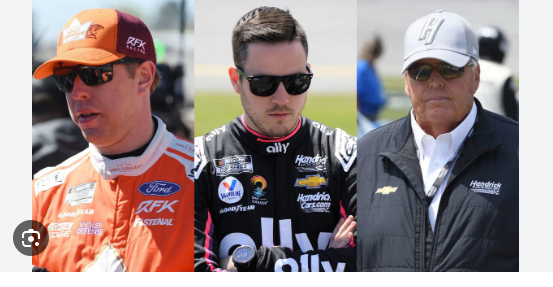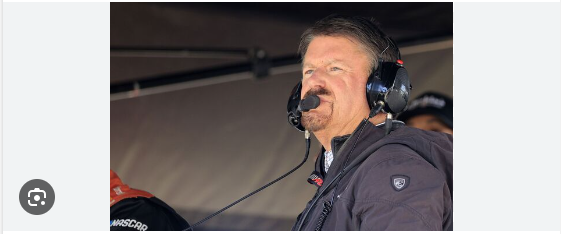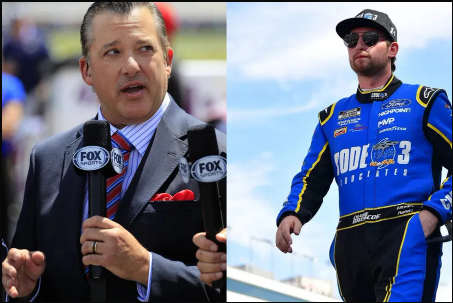“Sign the charter agreements or your charters will be revoked,” warned NASCAR insider Jenna Fryer, revealing that teams faced pressure to finalize the charter deals. Introduced in 2016 to enhance stability, the charter system has faced criticism for its lack of permanence and financial strain on teams. Nevertheless, there are significant advantages to securing a charter with NASCAR.
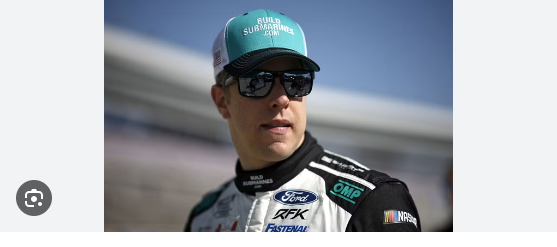
Chartered teams are guaranteed a spot in every race, which paves the way for better sponsorship opportunities and financial security. These teams also receive a larger portion of revenue from various sources, including TV deals and sponsorships. The charter agreement thus ensures long-term profitability and stability.
Brad Keselowski, co-owner of RFK Racing, has voiced a different perspective. Despite some teams signing the new charter deal, Keselowski disputes the notion that these agreements are being ‘forced.’ He emphasizes the importance of settling these matters and acknowledges the improved economic conditions and media landscape that support the sport’s continuation.
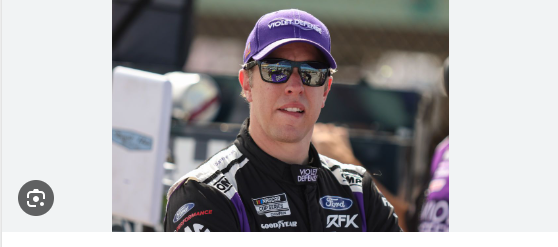
Keselowski highlights that the media rights deal is crucial for the sport’s survival. With the recent media rights agreement estimated at $7.7 billion, reflecting a 40% increase over the previous deal, NASCAR’s financial stability is reinforced. This deal involves traditional media partners like FOX Sports and NBC Sports, along with new streaming platforms such as Amazon Prime Video and TNT Sports.
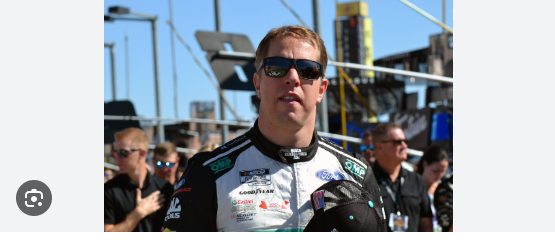
Despite this, 23XI Racing and Front Row Motorsports are holding out on signing the charter agreements, seeking better terms. The non-disparagement clause in the charter deal remains a point of contention. For now, NASCAR shows no signs of backing down, and the evolving media landscape underscores the sport’s growing value and influence alongside major leagues like the NFL and NBA.
